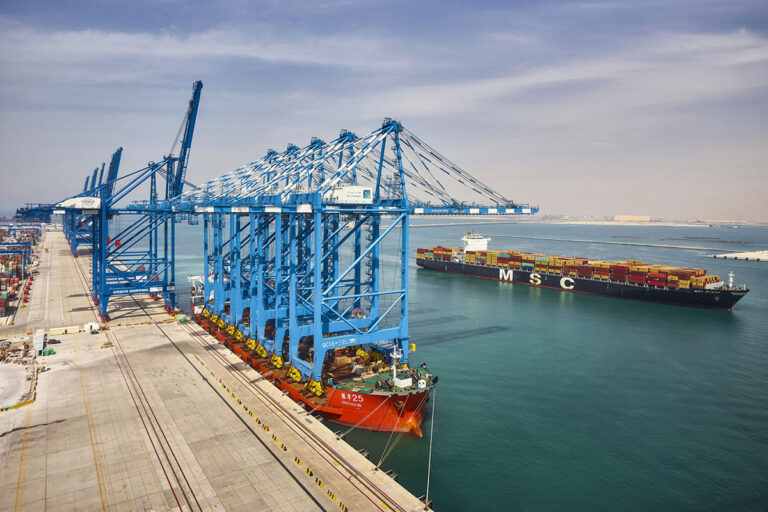The UAE has formally submitted its candidacy for re-election to the International Maritime Organisation (IMO) Council under Category B, reaffirming its commitment to supporting global maritime safety, security and sustainability.
The move underscores the UAE’s standing as a leading maritime nation with advanced infrastructure, robust legislation and significant investment in innovation and sustainability. It also extends the country’s influential role within the IMO, which it joined in 1980, through active contributions to initiatives aimed at reducing emissions and promoting safer, more sustainable seas.
Suhail Mohamed Al Mazrouei, Minister of Energy and Infrastructure, said the UAE’s re-nomination reflects the leadership’s forward-looking vision to strengthen the country’s presence in international forums and shape the future of global maritime transport.
“The UAE today represents a global maritime hub that combines economic growth with the protection of the marine environment. We have shown a firm commitment to the highest standards of innovation and sustainability. This is supported by advanced infrastructure that is considered among the best in the world,” he said.
Al Mazrouei highlighted that the maritime sector contributes more than AED135 billion to the national economy, with around 27,000 maritime companies operating across the country. UAE-based firms manage 106 ports in 78 countries, positioning the nation as a major global logistics and trade hub.
UAE ports handle about 60 per cent of cargo movement in the Arabian Gulf and process more than 21 million containers annually. Ports such as Jebel Ali, Khalifa and Fujairah have become major centres for global supply chains and testbeds for artificial intelligence and digital transformation technologies.
Maritime sustainability remains central to the UAE’s long-term vision. Initiatives such as the Green Recycling Yards Project and regulations for safe ship dismantling and low-sulphur fuels reflect the country’s adherence to international standards, including the MARPOL Convention.
The UAE has also integrated emission reduction targets into its Energy Strategy 2050 and National Hydrogen Strategy 2050, supporting its goal of achieving carbon neutrality by mid-century.
The Minister added that innovation drives progress in the sector, with the UAE pioneering autonomous ship technologies, digital certification, blockchain systems and AI-based data analytics to improve efficiency and reduce emissions.
Al Mazrouei noted that the UAE remains an active contributor within the IMO, presenting key proposals including expanding Council membership and adopting Arabic as one of the organisation’s official languages.
“The UAE is confidently advancing on its path to becoming a global maritime power that leads the future of navigation and connects the world with responsibility, sustainability and innovation,” he said.

